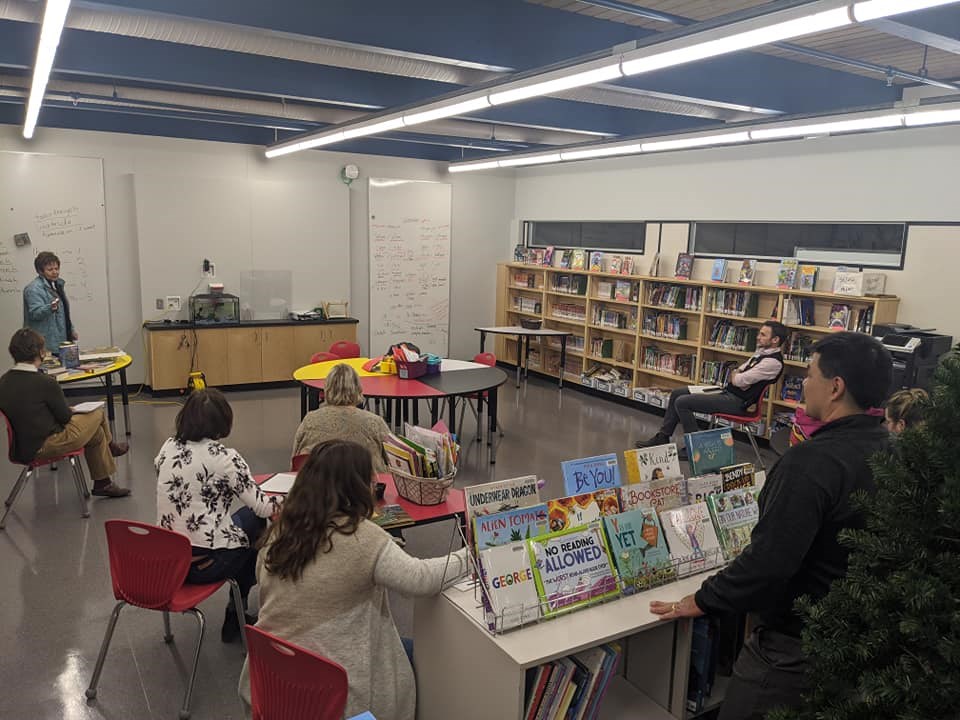Three northern B.C. school districts are working to develop a provincially recognized Dakelh language curriculum and to do this are seeking input from Dakelhne (Carrier People) from across the region.
School Districts 28 (Quesnel), 57 (Prince George) and 91 (Nechako Lakes) want to work with Dakelh Nations, speakers and Knowledge Holders to develop the curriculum that will ensure students can not only learn Dakelh but while doing so earn credits toward graduation and fulfil their second language requirement.
The goal of the course is to ensure that all teachers can understand and properly teach the language, culture and legacy of Dakelh people and to regain what the Dakelh communities have lost from residential schools, cultural genocide, disease and war.
“We are creating this as Dakelh people for all people in our territories,” says Jennifer Pighin, vice-principal of language and culture with SD57, in a video presentation about the curriculum development.
“In the processes of our development of the Dakelh language curriculum we want to design this for and with our Indigenous Nations, so all of the bands in our territories are invited to participate and contribute — We can’t do this without you.”
There are currently no Dakelh language options available for students in B.C. and the Ministry of Education requires schools to offer a second language from grades five through eight.
The goal of this curriculum is also to help build awareness, respect and appreciation for Dakelh ways and reinforce relations with non-Dakelh people who live and work in the territory.
“We are trying to re-establish the pride and the culture and knowledge that the Dakelh people have always had and we are trying to bring back in a manner that is respectful and appropriate for future generations,” says project organizer Leon Erickson, during the presentation.
“We want to make sure future generations understand properly what they are learning and understand the respect that lies inherently in the knowledge and language our people have kept for generations.”
Dakelh language represents many different dialects, but Erickson says, “It is important that each individual community and dialect come together to create the very meaningful and valuable language-based curriculum we are trying to establish.”
Pighin says the curriculum will not only include practicing the language, but include cultural teachings like the Balhats system, engaging in seasonal traditional activities, and connecting with Elders and Knowledge Keepers.
“Within this curriculum each of our Nations will get a chance to provide their own Indigenous language dialect and cultural knowledge to fit within the framework,” says Pighin.
The team from the three districts who are developing the course have already completed the draft curriculum for the early years to grade four and are now moving forward on the curriculum for grades five to 12, which they hope to have provincially recognized.
They are now seeking to collaborate with speakers and engage with Dakelh communities to obtain feedback, determine an approval and ongoing review process, along with resource and knowledge sharing.
The project team, which includes Pighin, along with staff and volunteers from throughout the region including Leona Prince at SD91 and Patty Kimpton at SD28, are hosting a virtual discussion on the Dakelh language curriculum on April 14 at 7 p.m. through Zoom.
“It is really important that these pieces be developed together,” says Pighin. “During our live presentation, we will provide time for us to have a discussion.”
Those unable to participate in the live discussion can watch the pre-recorded video presentation on the curriculum and provide feedback through an online survey.







